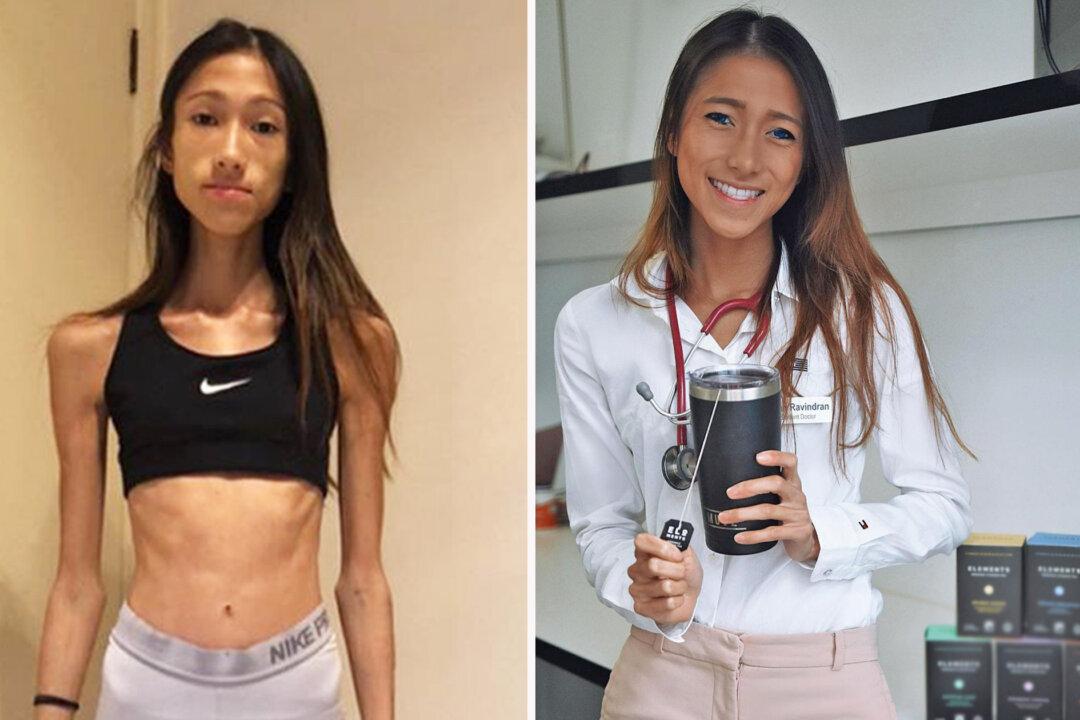A student doctor whose studies were waylaid by a severe eating disorder is making her recovery story public. She has also returned to medical school to qualify as a doctor in the hopes of helping others.
Sarah Rav, 22, migrated from Malaysia to Melbourne, Australia, at the age of 7. Detailing her story in a series of videos on IGTV, Sarah said that her eating disorder took root in her late teens and by 2018, it almost took her life.





